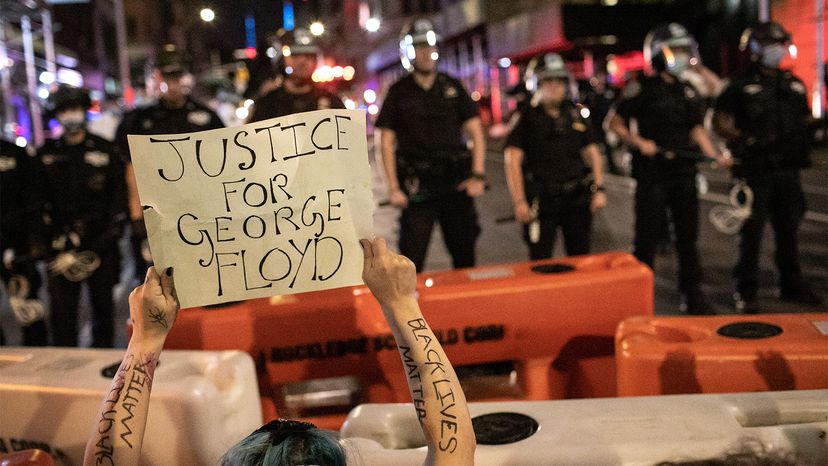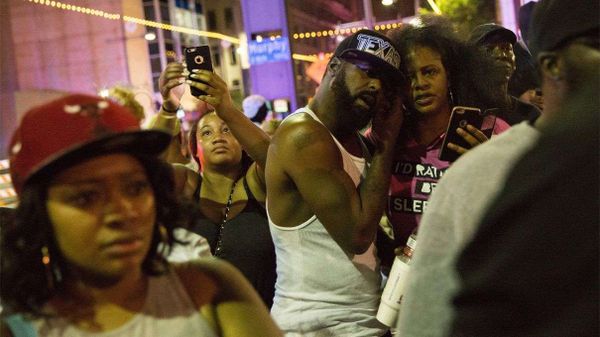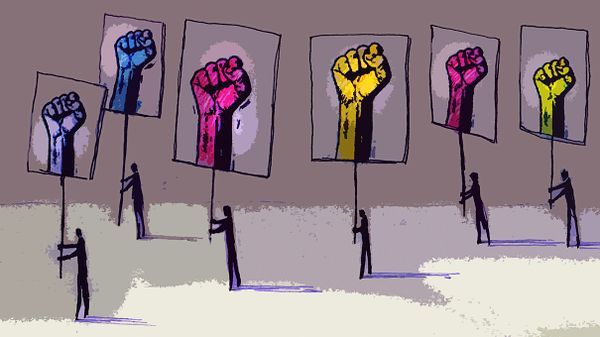
The emergence of a shocking cell phone video depicting the death of 46-year-old George Floyd on May 25, 2020, during his arrest by Minneapolis police officers, set off a wave of disgust and anger that sent major cities in the U.S. and abroad into convulsions of protest and violence.
Barely three weeks before that, on May 5, 2020, another cell phone video went instantly viral, this one depicting the shooting death of 25-year-old Ahmaud Arbery as he jogged through a neighborhood near Brunswick, Georgia. It caused a huge public outcry and quickly was followed by the arrest of two local men who were charged with murder and aggravated assault.
Advertisement
The Arbery video also changed the life of William "Roddie" Bryan, the neighborhood man who recorded the fatal confrontation from his pickup truck, and soon faced public scrutiny and accusations that he was more than an innocent onlooker. Bryan took a polygraph test in order to show that he didn't participate in the fatal shooting, and went into hiding with his fiancee after being targeted by protesters, CNN reported. Nevertheless, the Georgia Bureau of Investigation arrested Bryan on May 21, 2020, on charges of felony murder and criminal attempt to commit false imprisonment in connection with Arbery's murder, according to a GBI press release. Bryan's attorney maintained his innocence, according to The Brunswick News.
The George Floyd video, the Ahmaud Arbery video and so many more before those, have rocked the world and underscored how incredibly complicated things can quickly become when someone records a video of an act that may turn out to be a crime. Videos shot by bystanders can become important pieces of evidence in court cases, to the extent that law enforcement authorities sometimes now call for members of the public to come forward with them, as they did in the case of a shootout between police and truck hijackers in Florida in 2019, according to NBC Miami. Recordings also can become crucial sources of information in police shootings such as the 2015 killing of Walter Scott, an unarmed man in South Carolina, which was recorded by a passerby walking to work.
In a day and age in which shooting video is so easy that people often impulsively pull out their phones whenever there's any kind of excitement, it's entirely possible for someone to capture footage of a crime and not even realize its significance until he or she gets home and watches it, attorney Eric J. Trabin explains. He's an Almonte Springs, Florida-based criminal defense and family law practitioner, and a former assistant state attorney in Florida.
"No one knows if it's going to be a high-profile case when the incident is happening, that you are going to be sucked into the vortex," he says.
Nevertheless, shooting a video of a possible crime can complicate your life in a hurry. Instantly, you may morph into a news source and continually face a constant barrage of questions from reporters. Police and prosecutors may see you as a key witness in an investigation and trial. You may even come under public scrutiny about your motives and the extent of your involvement in the incident, or find yourself the target of protests and even threats.
Here are five things you should know before hitting the record icon on your phone screen.
Advertisement

